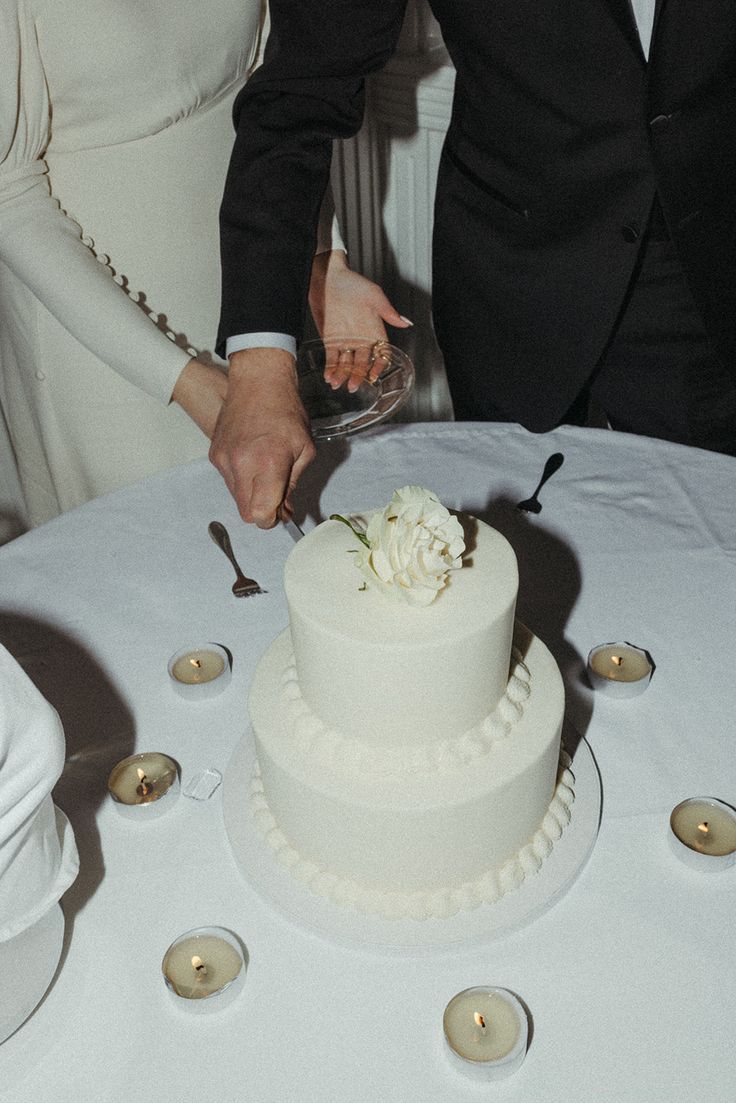When planning an event, timing is everything. The perfect time to host an event depends not only on logistics but also on industry-specific trends, audience preferences, and other seasonal factors. Picking the right date and time can make or break attendance, engagement, and overall success.
So, what’s the secret sauce to perfect timing? Let’s break it down by industry!
Tech & SaaS: Midweek, Midmorning
For the tech crowd, think Tuesdays through Thursdays. These professionals tend to avoid Mondays, when they’re catching up on emails, and Fridays, when they’re ready to unwind for the weekend. The ideal time to host your event is between 10 AM and 12 PM. This window captures attendees when they’re most alert and productive.
Season-wise, fall (September to November) is golden. Major industry conferences and product launches often happen post-summer, avoiding holiday season distractions. Want more tips on tech event planning? Check out this insightful article on hosting virtual events.
Retail & E-Commerce: Early Week, Afternoon
For retail and e-commerce events, aim for Tuesdays or Wednesdays around 2 PM to 4 PM. This timing allows for workday flexibility and attracts those wanting to avoid weekend rushes or early-morning stress.
The best seasons? Late spring and early summer. Many brands are prepping for the big shopping seasons ahead, like Black Friday, making it the prime time to showcase products and build connections. If you're in e-commerce, this article on building customer loyalty may help you craft your next strategy.
Hospitality & Tourism: Weekend Brunch Vibes
In hospitality and tourism, weekends rule. Saturday and Sunday brunch events work wonders, especially if you’re targeting leisure travelers or foodies. Late morning to early afternoon (10 AM – 2 PM) offers a relaxed atmosphere, which perfectly aligns with the laid-back nature of the industry.
Key months? Spring (March-May) and fall (September-October). These are prime travel seasons, and your guests are more likely to attend events if they coincide with popular travel periods. To dive deeper into hospitality trends, visit this detailed guide.
Finance & Banking: Early Week, Early Morning
In finance and banking, professionals tend to prefer Monday through Wednesday mornings, around 8 AM to 10 AM. These events are often about networking and education, so it’s important to host them during a time when attendees are fresh and focused.
Ideal months? Early winter (January-February) or early fall (September-October). Avoid summer and end-of-year periods when financial planning cycles are in full swing. This resource on financial event planning can help you fine-tune your strategy.
Healthcare: Midweek, Late Morning
Healthcare professionals are often juggling busy, unpredictable schedules. That’s why Wednesdays or Thursdays at 11 AM tend to be the sweet spot for events. These times give doctors, nurses, and other healthcare staff a chance to attend during their break periods.
When it comes to the best time of year, aim for early spring (March-April) or early fall (September-October). Many healthcare professionals attend educational conferences in these months, so aligning your event with this rhythm is smart. Learn more about healthcare event strategies with this comprehensive overview.
Real Estate: Late Week, Evenings
For real estate professionals, events held on Thursdays or Fridays between 5 PM and 7 PM are ideal. These times allow for post-work networking and casual mingling, fitting perfectly into the social nature of the industry.
As for the season, spring and early summer are prime times. The market is booming, and realtors are eager to meet new clients, partners, and prospects. Need more real estate event inspiration? This real estate marketing guide can help you plan your next networking mixer.
A Few Final Tips for Perfect Event Timing
Know Your Audience: Use tools like surveys or engagement data to find out when your target audience is most likely to attend.
Consider Global Time Zones: If your event is virtual or includes international attendees, don’t forget to account for time differences.
Avoid Holidays: Even industry-specific events should steer clear of major holidays when people are likely to be out of office.
By taking these tips into account, you’ll be well on your way to perfect event timing, no matter the industry. Want to learn more about how Localista can help streamline your event planning and communication? Let’s connect and get your event on the right track!




